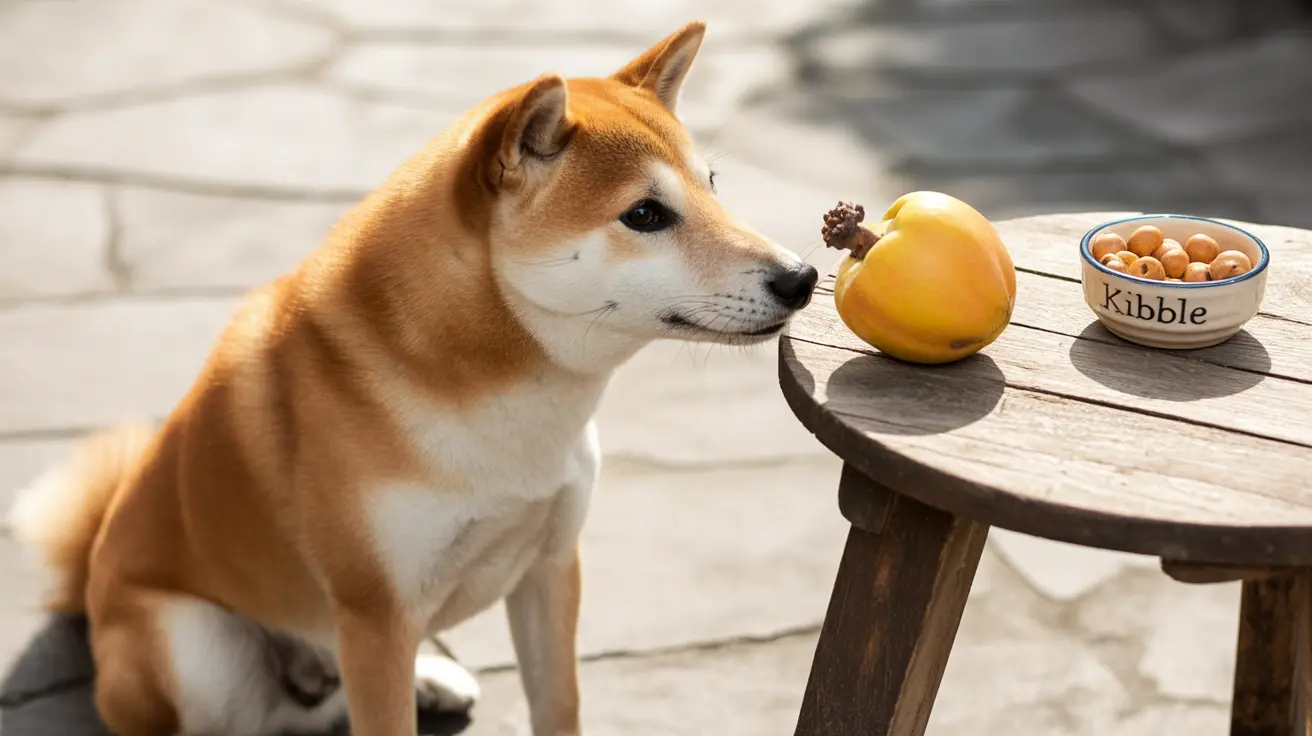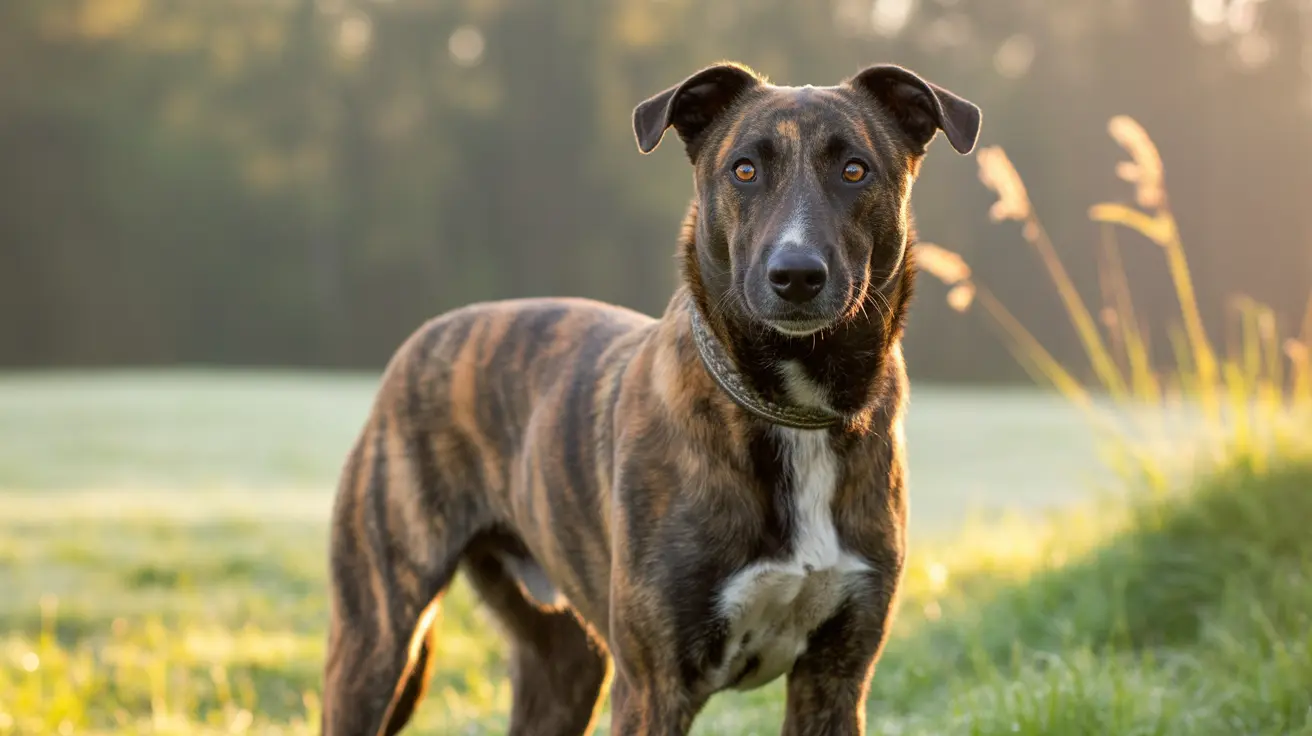Understanding Loquats and Their Components
Loquats (Eriobotrya japonica) are small, pear-shaped fruits with orange flesh and brown seeds. While popular in human cuisine and rich in vitamins A and C, their relationship with canine health is complicated. The fruit consists of several distinct parts, each with different implications for dog safety:
- Flesh: Orange, juicy pulp
- Seeds/Pits: Large brown seeds (1-10 per fruit)
- Skin: Thin outer covering
- Leaves and stems: Part of the plant structure
The Safety Profile of Loquats for Dogs
Safe Parts (With Caution)
The flesh of loquats, when properly prepared, is technically non-toxic to dogs. However, this comes with significant caveats:
- Must be thoroughly cleaned
- Seeds and pits completely removed
- Served in very small quantities
- Introduced gradually to avoid digestive upset
Dangerous Components
Several parts of the loquat are explicitly dangerous for dogs:
- Seeds and pits contain cyanogenic glycosides
- Leaves and stems are toxic
- Even the skin can cause digestive issues
Understanding the Toxicity Risks
Cyanide Poisoning
The most serious risk comes from cyanogenic glycosides in the seeds, which can release deadly cyanide when chewed or digested. Symptoms include:
- Excessive drooling
- Rapid breathing
- Bright red gums
- Seizures or collapse
- Potential death if untreated
Physical Hazards
Beyond chemical toxicity, loquats pose physical risks:
- Choking hazards from seeds
- Potential intestinal blockages
- Digestive system irritation
Emergency Response to Loquat Ingestion
If your dog consumes any part of a loquat besides the prepared flesh, immediate action is crucial:
- Contact your veterinarian immediately
- Monitor for symptoms of poisoning
- Don't induce vomiting without professional guidance
- Keep sample of ingested material if possible
Safe Alternatives to Loquats
Instead of risking loquat consumption, consider these safer fruit options for dogs:
- Blueberries
- Seedless watermelon
- Peeled apple slices (no seeds)
- Bananas
- Strawberries
Frequently Asked Questions
Can dogs eat loquat fruit safely, and what are the risks?
Dogs can technically eat the flesh of loquats if properly prepared, but the risks generally outweigh the benefits. The seeds, pits, leaves, and stems contain toxic compounds that can be fatal, making accidental ingestion a serious concern.
How do I prepare loquats for my dog to ensure they are safe to eat?
If you choose to feed loquats to your dog, thoroughly clean the fruit, remove all seeds and pits, peel the skin, and serve only small amounts of the flesh. However, veterinarians generally recommend avoiding loquats altogether due to the preparation complexity and risks involved.
What are the symptoms of cyanide poisoning in dogs if they eat loquat seeds?
Symptoms include excessive drooling, rapid breathing, bright red gums, vomiting, seizures, and potential collapse. These can appear within minutes to hours after ingestion and require immediate emergency veterinary care.
Can loquat seeds cause intestinal blockages in dogs, and what are the signs?
Yes, loquat seeds can cause intestinal blockages. Signs include vomiting, abdominal pain, difficulty defecating, loss of appetite, lethargy, and weight loss. This condition requires immediate veterinary attention and may need surgical intervention.
What are some safer alternatives to loquats for dogs that provide similar nutritional benefits?
Safer alternatives include blueberries, apple slices (without seeds), bananas, and strawberries. These fruits provide similar or better nutritional benefits without the risks associated with loquats, and they're much easier to prepare safely.
Conclusion
While the flesh of loquats isn't inherently toxic to dogs, the risks associated with the fruit's other components make it an inadvisable choice for canine treats. With so many safer fruit alternatives available, it's best to avoid feeding loquats to dogs altogether. Always prioritize your pet's safety by choosing well-established, veterinarian-approved treats instead.






